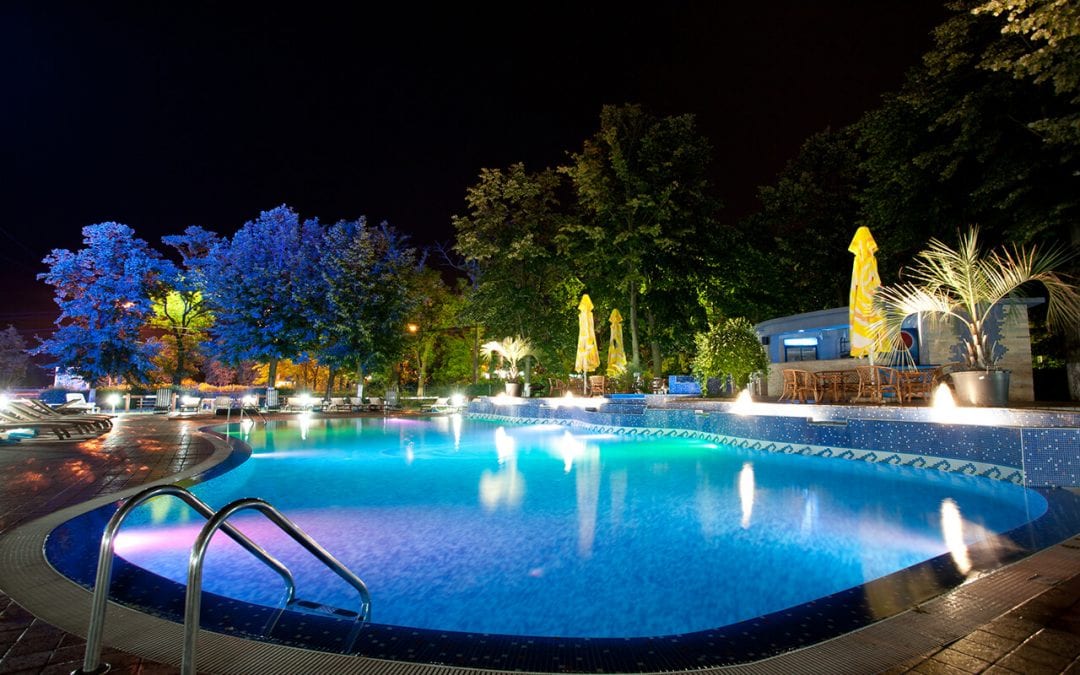Many people dream of having a home swimming pool. However, a backyard swimming pool often falls short of expectations, due to improper pool maintenance. In this article, we’ll go over the steps for keeping your pool in good condition.
Main Components That Need Pool Maintenance
Water
The most obvious component of a pool is the water that fills it. Keeping it clean and clear of bacteria and contaminants is vital. It will keep it safe to swim in and prevent corrosion of the pool interior, which can be quite costly to repair.
Interior
The walls of the swimming pool are in constant contact with the water and can deteriorate if they aren’t cleaned regularly. Fixing the interior is often expensive, so maintaining it is not only important for safety but also for your finances.
Filter
A swimming pool’s filtration system is also essential, as the filters are responsible for removing pollutants from the pool water. They filter out debris and circulate clean water back into the pool.
Returns and Skimmers
These are part of the filtration system. The skimmer moves pool water to the filter while the return pushes the filtered water back into the pool.
Now that we know the components of a swimming pool, it is easier to understand maintenance.
Methods of Swimming Pool Maintenance
Regular Cleaning for Pool Maintenance
A swimming pool accumulates dirt quite quickly, especially if it is left uncovered. By using a handheld skimmer, you can remove any insects or leaves that float on the surface. Using a pool cover also reduces the pollutants that end up in the pool and keeps the water from evaporating. Use a brush to remove dirt that accumulates on the pool’s floor and walls, which will then be removed by the pool’s filtration system. Finally, cleaning the pool’s filters and skimmers regularly is necessary for them to work properly.
Pool Maintenance With Chemicals
Pool chemicals are used to destroy bacteria and prevent their growth, making the water safe to swim in. Follow the manufacturer’s measurements and instructions to achieve the correct chemical balance. Test kits are also available for pH levels, alkalinity, and chlorine levels. Test the water for chemicals about 2-3 times per week, depending on how often you use the pool.
Shocking Your Pool
Shocking the pool breaks down chloramine, which forms as a result of chlorine reacting with sweat and other contaminants. This should also be done according to manufacturer specifications.
The most crucial factor to keep in mind is that these methods must be performed regularly to be effective for swimming pool maintenance.
Cal Home Inspection serves the Greater Sacramento area with home and commercial building inspection services. Contact us to book your appointment.

